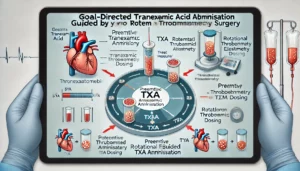The article introduces a Professional Advancement Model (PAM) tailored for perfusionists to address high turnover and enhance retention. Drawing from PAM frameworks in other healthcare professions like nursing and advanced practice providers, the author proposes a four-tier system: Perfusionist I through IV. Progression is determined by points earned in categories such as leadership, clinical excellence, education, and service, alongside experience requirements. The PAM offers structured career growth, salary increments, and institutional benefits, serving as a retention strategy and professional growth tool for perfusionists.











